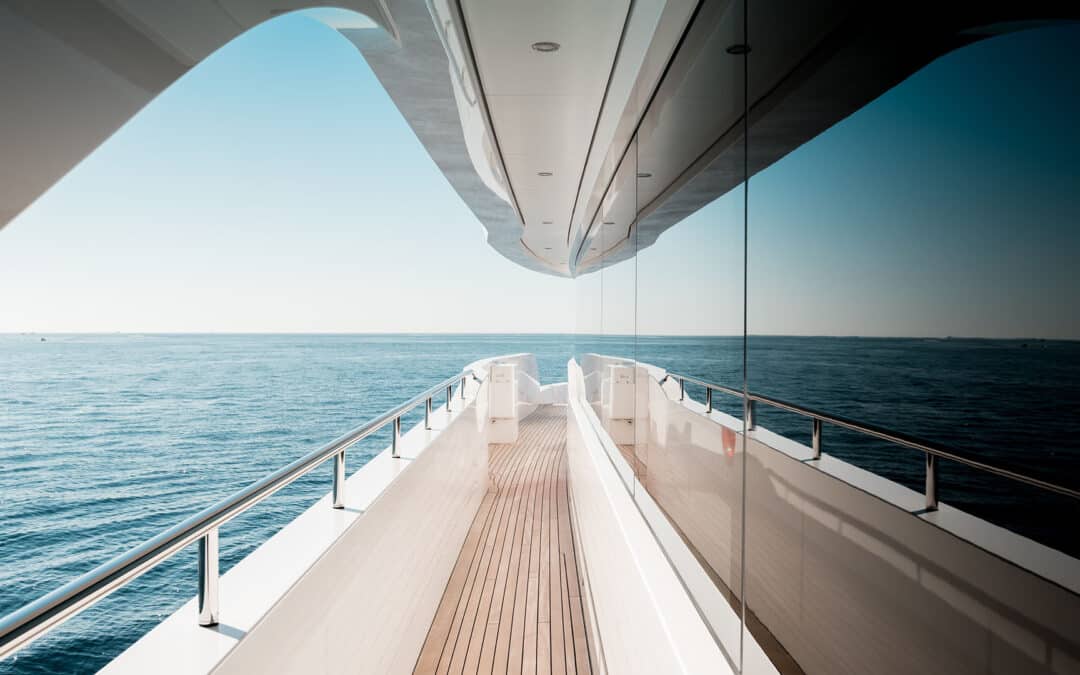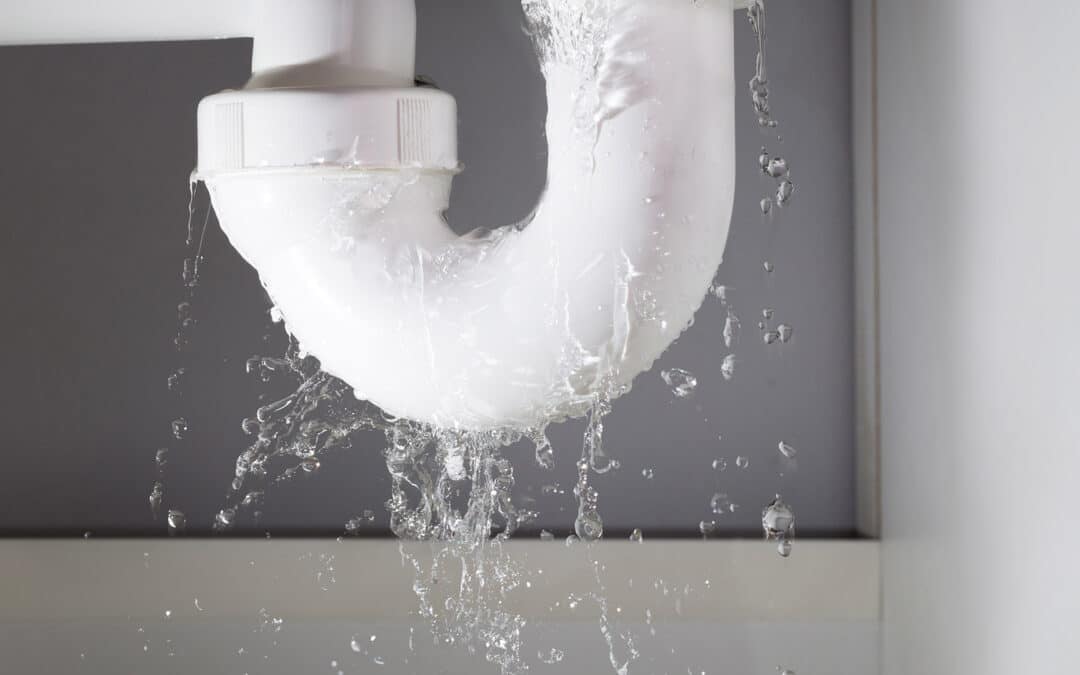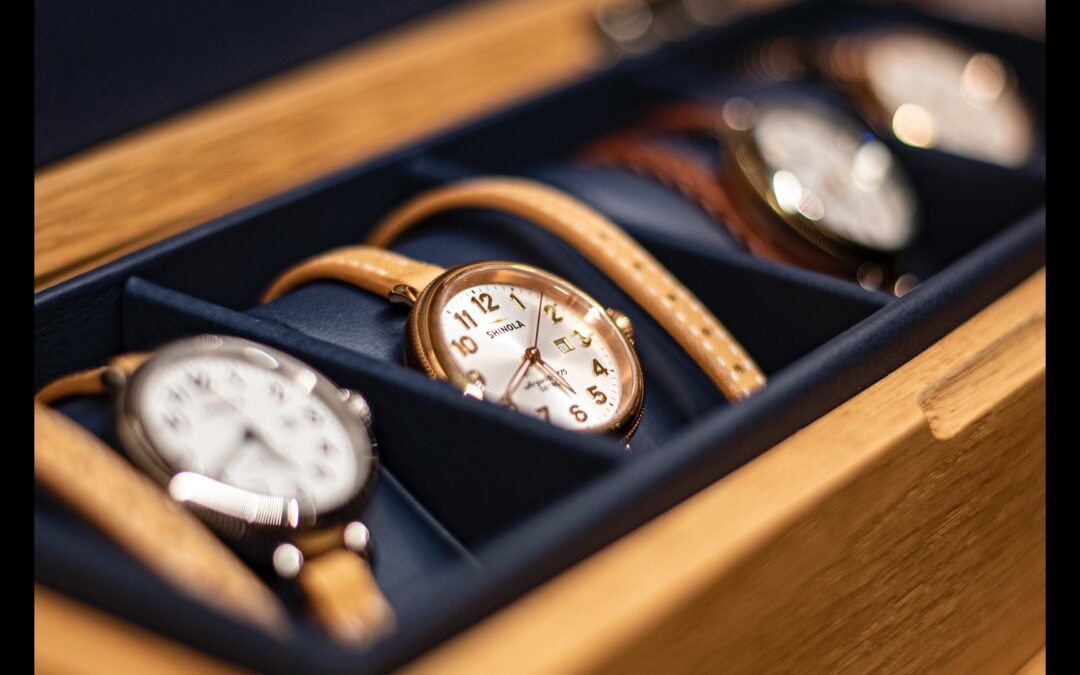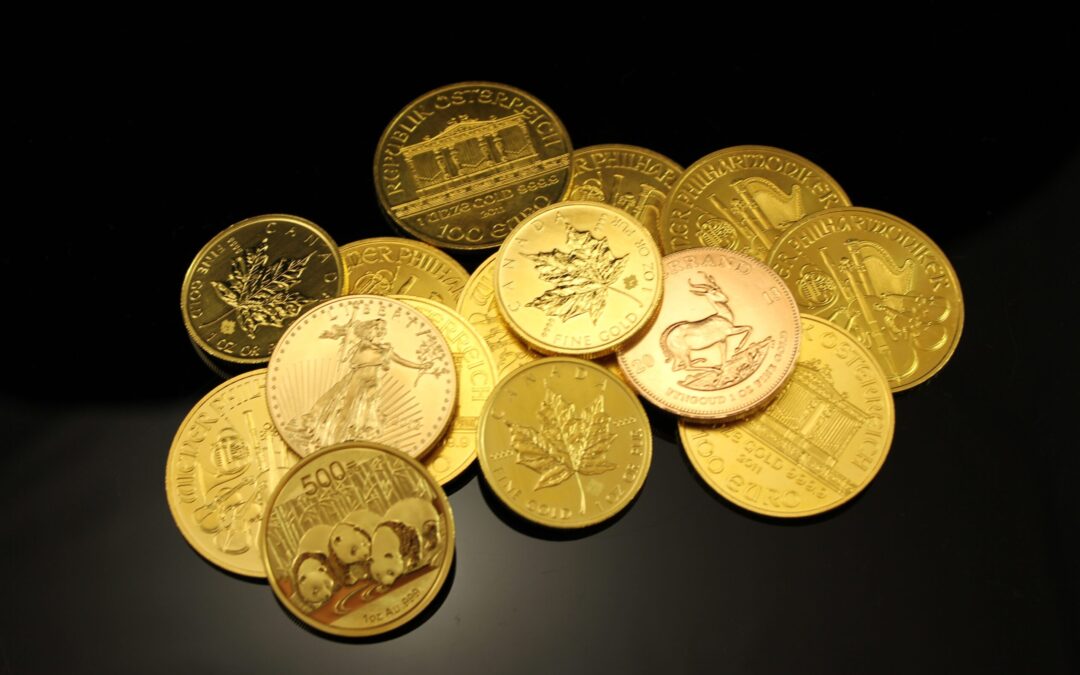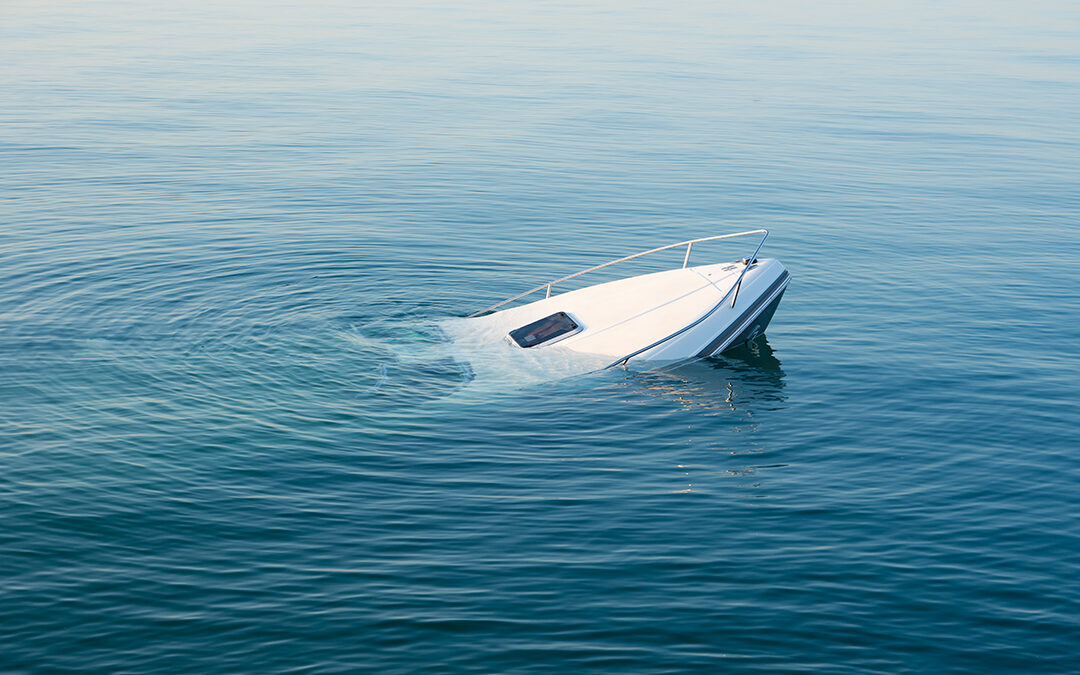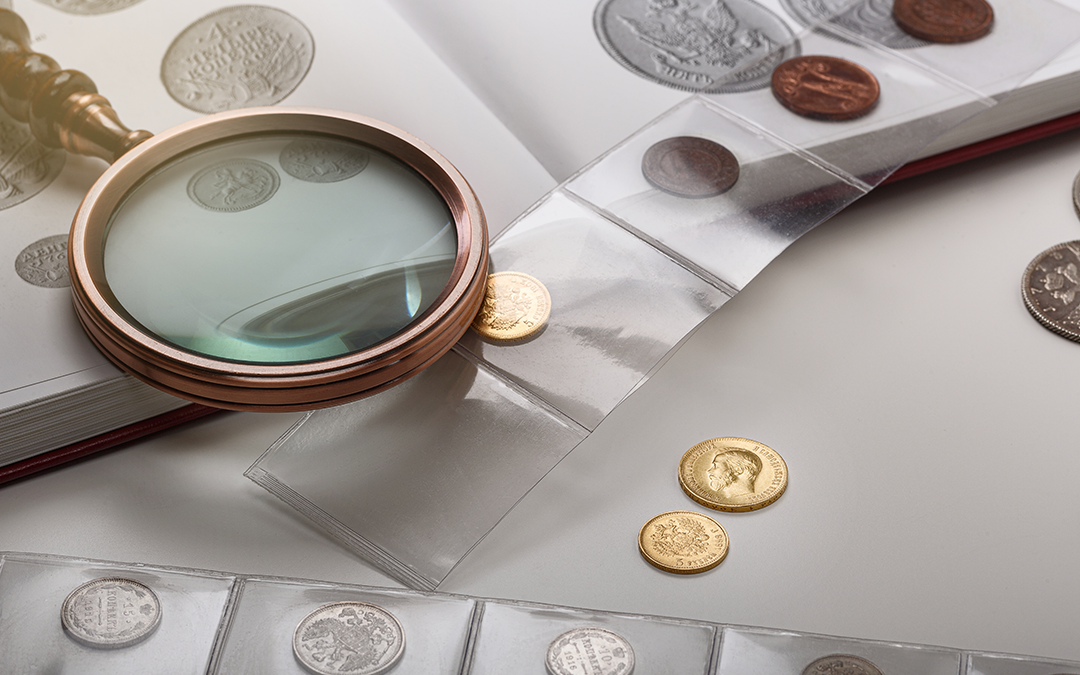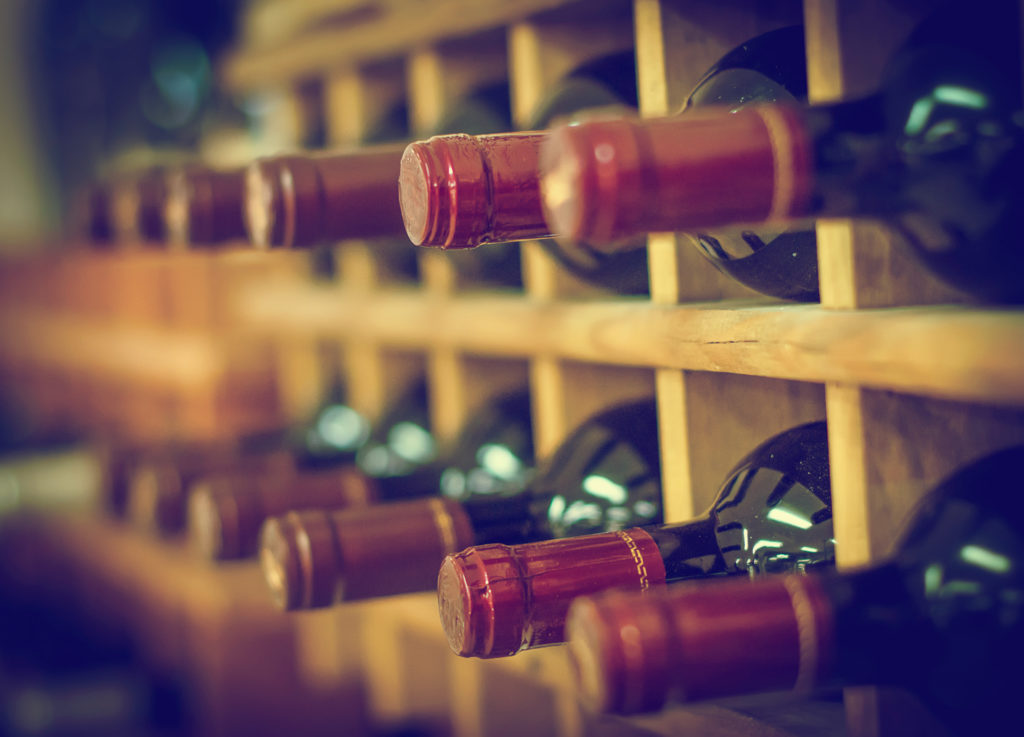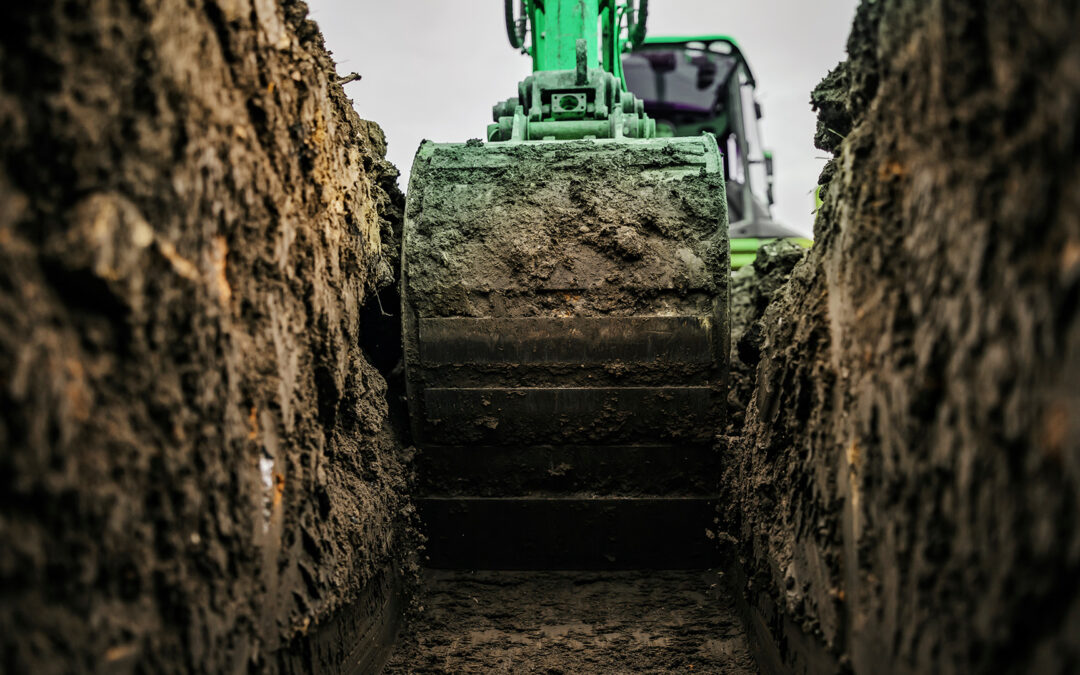Nothing sets the mood for a gathering of family and friends quite like the perfect wine. Are your clients taking the necessary steps to keep their wine collection safe for years to come?
Wine enthusiasts invest a great deal of time and money into their collections, so it’s an asset that should be insured, much like any other valuable collection. Also, this type of coverage isn’t only for serious collectors; casual enthusiasts greatly benefit from the level of coverage that fits their needs.
What A Wine Collection Policy Covers
The available policy options vary as much as the needs of each individual collector. These policies are highly customizable, with options to cover theft, fire, flood, or accidental breakage. The exact details and scale of the policy depends on your client’s needs.
The best wine coverage policies focus on the areas of greatest risk for your collection. For example, if your client lives in an area prone to fire, ample coverage for fire damage will take higher priority than flood damage.
As with other valuable articles policies, insureds have the choice of covering individual bottles or placing a blanket coverage limit for an entire collection. Also, some policies provide replacement payouts above the market value of a bottle, insuring the value against market fluctuations.
Coverage may also include transit. Transporting your collection exposes it to different risks, and a policy should account for those risks, providing suitable coverage for potential loss, theft, or breakage.
Discuss your client’s unique circumstances with one of our underwriters to make sure your client chooses a robust and comprehensive policy.
Best Practices for Storing a Wine Collection
Beyond insurance coverage, remind your clients to also take steps to properly store their wine to preserve its value. As an enthusiast, they’re probably familiar with some of these tips, but here’s a useful checklist for them to keep their collection safe:
- Keep wine somewhere cool, dark, and dry. Temperature fluctuations (heat in particular) weaken the seal of the bottle and cause evaporation.
- Keep the packaging clean and undamaged. If the wine is stored in a cellar, mold and moisture damage may harm the packaging on the bottles. This reduces the value and might ruin the wine. Your clients should regularly check bottles for any issues.
- Place bottles high off the ground. This will protect them from flooding.
- Store bottles upright to prevent the alcohol from damaging the cork.
- Store bottles away from areas subject to frequent vibrations such as a movie room or laundry room.
- Store the collection somewhere with steady and accurate levels of humidity. Different levels of relative humidity are ideal for different types of packaging.
- If your client’s home is not the ideal storage space for their collection, they should consider renting space in a storage facility. Some businesses specialize in storing wine and will make sure the collection is well-preserved.
Don’t let your client put their collection at risk. Talk to an underwriter today about wine coverage options!





